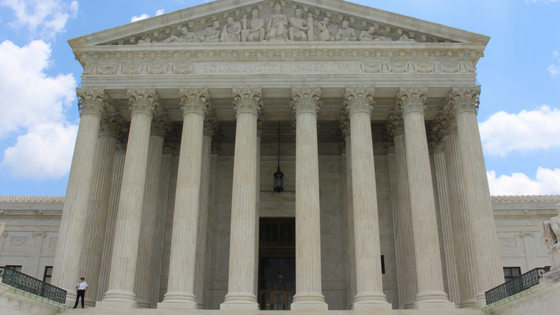The Supreme Court will hear arguments next week in a case that seeks to determine whether non-judicial foreclosures quality as debt collection activities and therefore should be regulated by the Fair Debt Collection Practices Act.
The case — Obduskey v. McCarthy & Holthus LLP — is on appeal from the Court of Appeals for the Tenth Circuit, which affirmed a District Court ruling that the FDCPA did not apply to non-judicial foreclosures.
Foreclosures are either judicial, in which the property in question is secured by a mortgage, or non-judicial, where the property is secured by a deed of trust. Nineteen states allow for non-judicial foreclosures.
The plaintiff originally filed suit alleging the defendant violated the FDCPA because the plaintiff was not provided with a written verification of the debt. But because the District Court ruled the FDCPA did not apply to non-judicial foreclosures, the verification was not needed.
The defendant had sent a letter to the plaintiff that, among other things, stated that the defendant would “assume this debt to be valid unless [the plaintiff] dispute[d] its validity, or any part of it, within 30 days after receiving this notice.”
The Ninth and Tenth Circuit Courts of Appeals have ruled that non-judicial foreclosures are not bound by the FDCPA, while the Fourth, Fifth, and Sixth Courts of Appeals have ruled otherwise.
In deciding to hear arguments in the case, the Supreme Court must determine whether there is a distinction between enforcing security interests and collecting debts and whether the defendant meets the definition of “debt collector” under the FDCPA.









